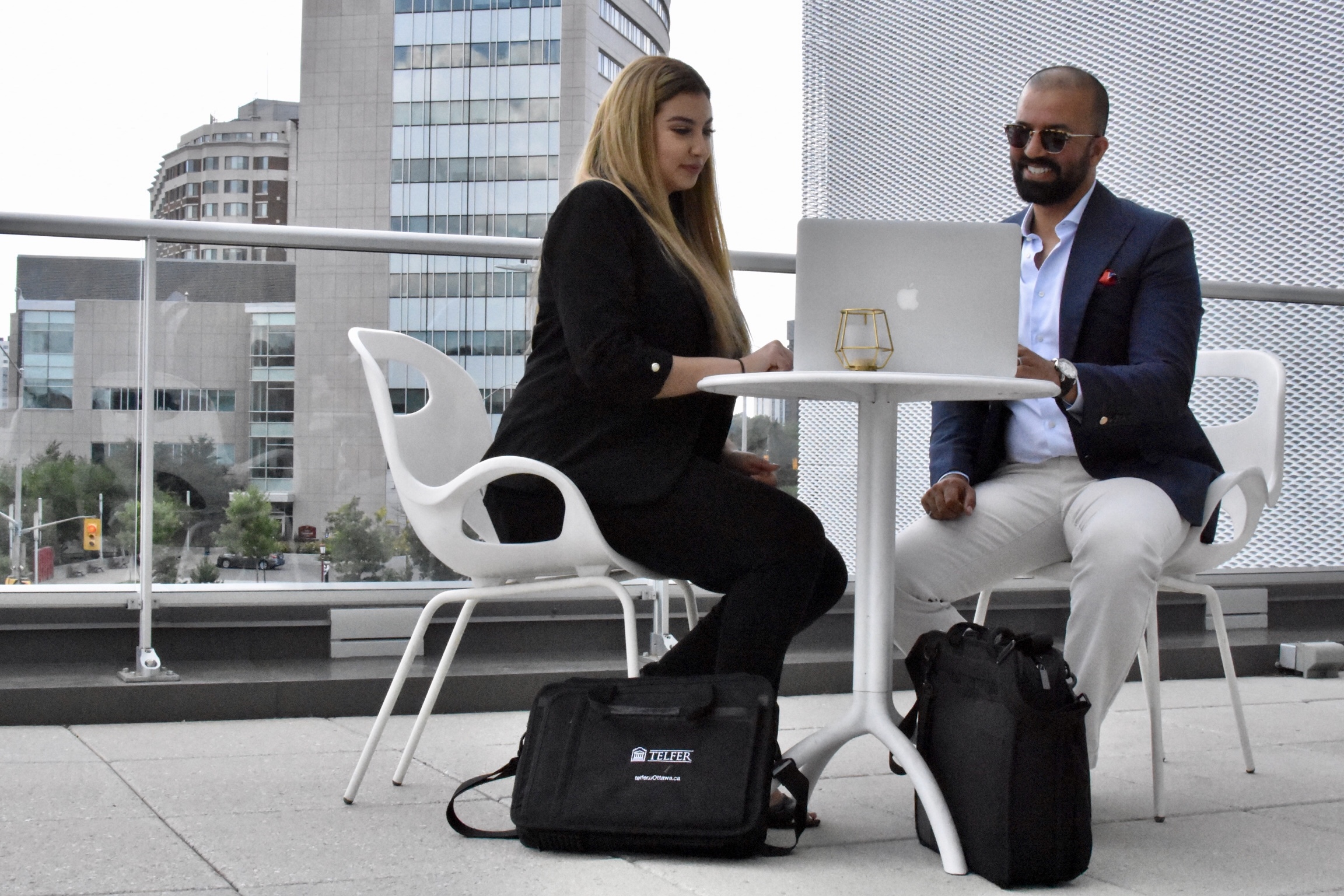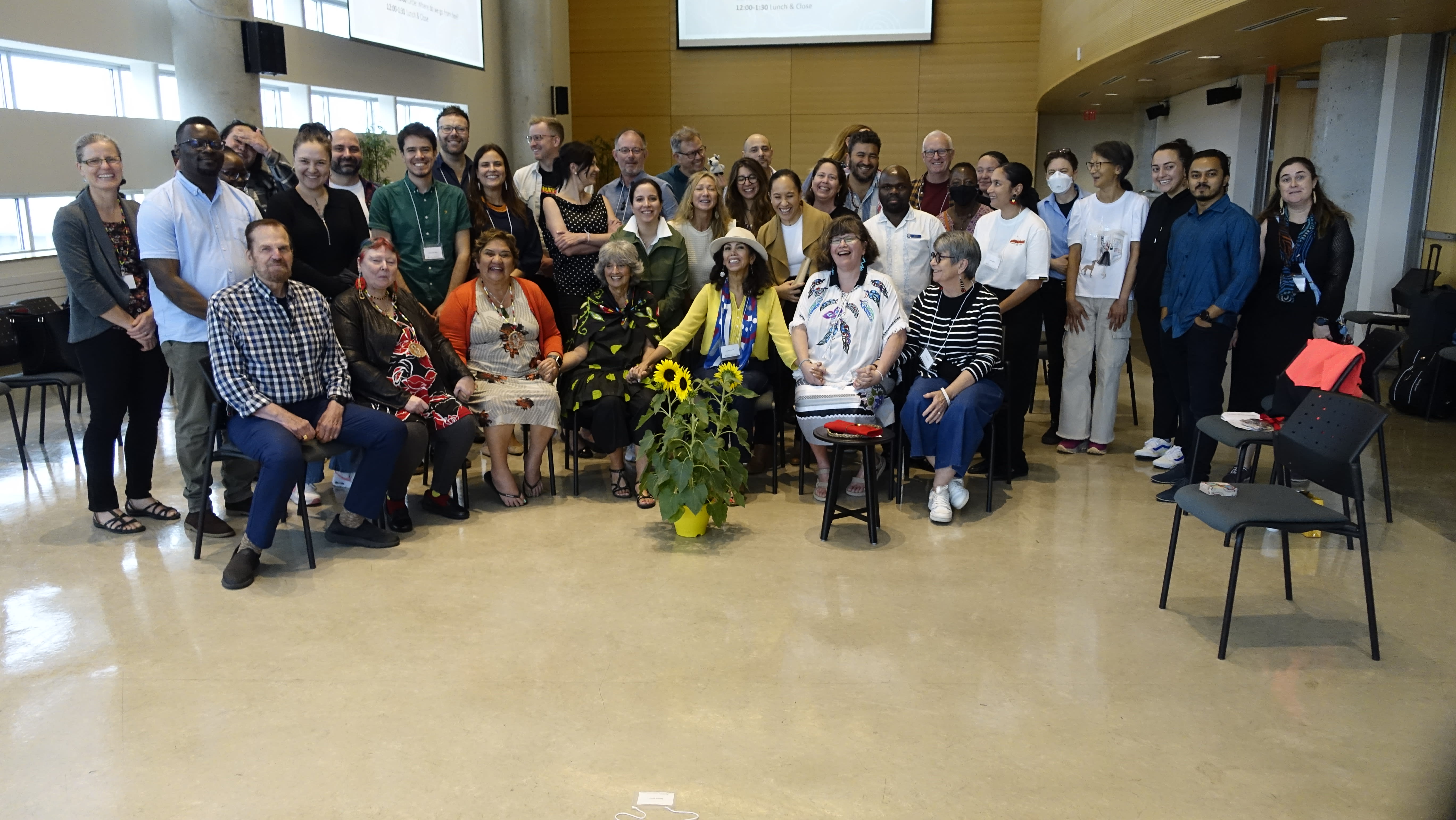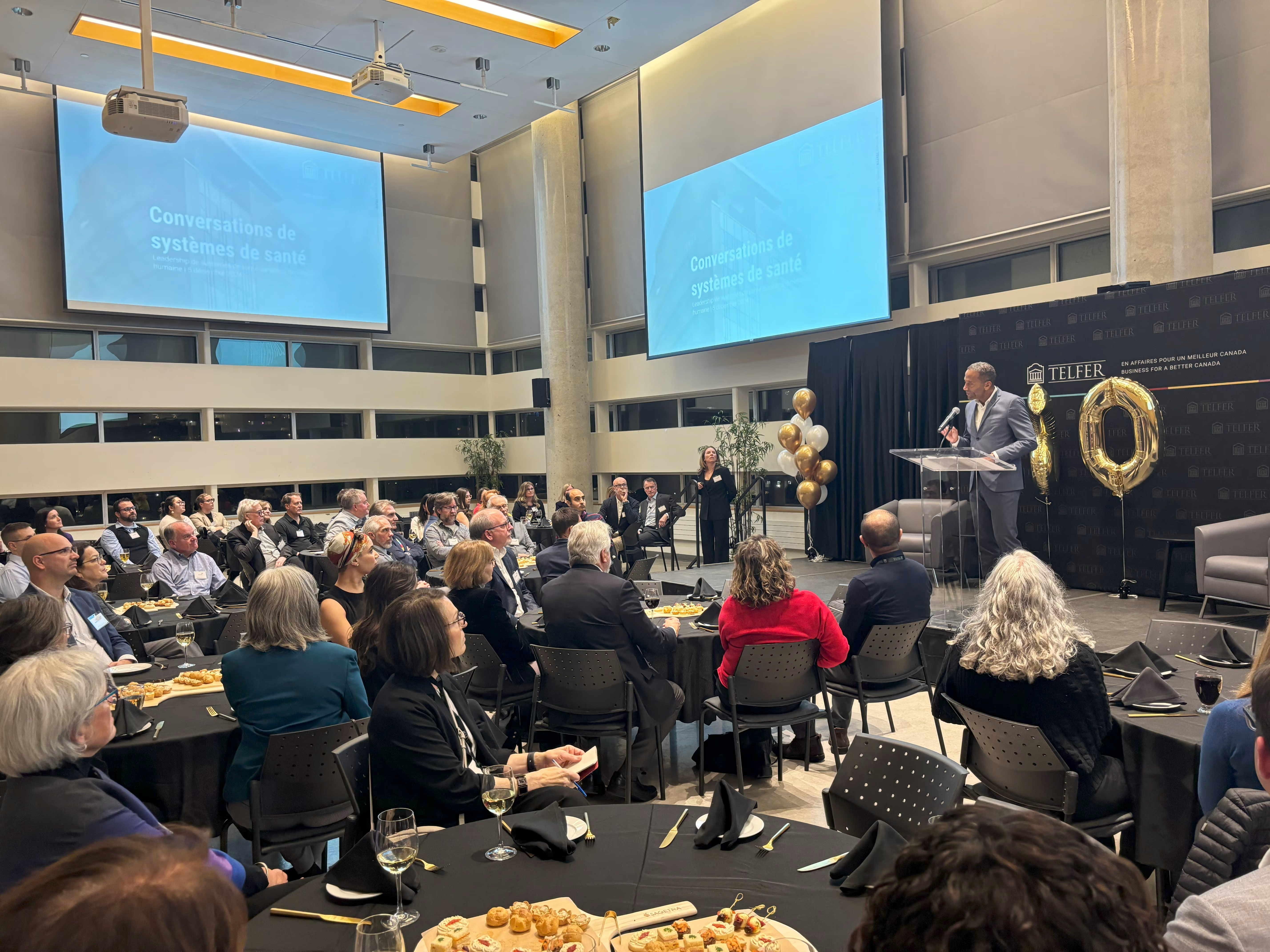During a job interview, candidates try to present themselves in the best light possible. Some seek to make a positive impression by emphasizing their credentials. However, others may exaggerate past accomplishments and fabricate experiences to convince the interviewer that they’re the best candidate. This second behaviour is known as deceptive impression management or interview faking.
A study by Deborah M. Powell (University of Guelph), Joshua S. Bourdage (University of Calgary) and Silvia Bonaccio (University of Ottawa) has uncovered new insights into who engages in interview faking and why. The study is the first to examine the link between interview faking and interview anxiety. It suggests that interview anxiety may explain why people with two specific personality traits are more likely to stretch the truth to impress employers during an interview.
High interview stakes and social anxiety
For many candidates, a job interview can trigger interview anxiety, a specific type of social anxiety. Interviews can be very uncomfortable for some, especially if they’re worried about being perceived negatively.
“Interviews contain all the elements that make social situations threatening, including being the focus of others’ attention and being judged by others,” says Bonaccio, the Ian Telfer Professor of Workplace Psychology at the Telfer School of Management.
In response, some candidates might engage in deceptive impression management to do well in the interview. Indeed, the team found that anxiety was positively related to the use of impression management tactics.
Understanding how to help job applicants manage interview anxiety and reduce deceptive impression management may be especially valuable during economically challenging times. In April of this year, 1.6 million Canadians were unemployed (an unemployment rate of 8.1%), according to themost recent Labour Force Survey. With economic uncertainty comes even more pressure to perform well in a job interview. “The higher stakes can make some candidates even more anxious,” says Powell.
Two decisive personality traits
To understand which job candidates are more likely to engage in deceptive impression management when anxious, the research team turned to personality traits. During a job interview, personality traits influence how concerned some job candidates might be about the image they wish to project. The team suggests that two traits are likely to be linked to interview anxiety, honesty-humility and extraversion:
Honesty-Humility
Honesty-Humility refers to how much a person promotes their own interests above those of others.
Candidates who score high on this personality trait are likely to be sincere. They’re unwilling to manipulate others to achieve a desired outcome (like getting a job). So, they don’t feel the need to impress the interviewer. They also believe that dishonesty can have a negative impact on their interview performance ratings.
“Those who are higher in Honesty-Humility experience less anxiety during interviews andare less likely to use deceptive management tactics,” says Bourdage.
In contrast, candidates who score low on this trait are more likely to worry about being negatively evaluated by an interviewer and the impact of this on their self-worth. They’re also motivated to seek social and material rewards, which raises the interview stakes.
“Candidates with lowerHonestly-Humility are likely tofeel particularly anxious in interview contexts and engage in faking tactics,” says Powell.
Extraversion
Extraversion refers to how talkative, assertive and confident in social situations like a job interview a person is.
Candidates who score high in extraversion are more comfortable interacting with the interviewer. They also value socially-oriented status. They may feel motivated to impress the interviewer, but they’re not worried about being able to make the desired impression. “More extraverted candidates tended to experience less anxiety in the interview,” says Bourdage.Conversely, individuals who are more introverted may experience heightened anxiety during interviews or other situations. As Bourdage says, they may “attempt to make up for this through interview faking.”
Interview faking is a self-protective mechanism
Bonaccio explains “candidates who worry they will not receive the desired evaluation from the interviewer may engage in interview faking,” She adds that this “seems to be a self-protective mechanism instead of something job candidates do comfortably.”
Moving beyond deception

This study can offer valuable insights to career advisers and coaches wishing to help job candidates manage their anxiety and, if needed, find genuine ways to impress interviewers.
“Acting deceptively is not advisable for candidates,” says Bonaccio. “Instead, there is a lot they can do so that their best selves can shine through (honestly).”
For Powell, “job candidates wishing to lower their anxiety can consider forming a positive image of themselves in a social situation.” She adds that positive imagery “can reduce feelings of anxiety.”
Interview preparation is another proven way to reduce interview anxiety. The Career Centre at the Telfer School of Management offers job interview resources and workshops to help Telfer students and graduates prepare.
Read the study
Powell, D. M., Bourdage, J. S. and Bonaccio, S. 2020. Shake and Fake: The Role of Interview Anxiety in Deceptive Impression Management. Journal of Business and Psychology.

Silvia Bonaccio is a full professor at the University of Ottawa’s Telfer School of Management where she holds the Ian Telfer Professorship in Workplace Psychology. Her research focuses on the facilitators of positive work experiences for employees living with disabilities, as well as the influence of anxiety and emotions in the employee assessment and selection process. Learn more about Silvia Bonaccio's work.

Deborah M. Powell is an associate professor at the University of Guelph. Her research looks at personnel selection, with a particular focus on employment interviews and other selection practices, such as personality testing. Learn more about Deborah M. Powell’s work.

Joshua S. Bourdage is an associate professor at the University of Calgary. His research focuses on personnel selection, technology in hiring, impression management behaviour, and personality. Learn more about Joshua S. Bourdage work.











